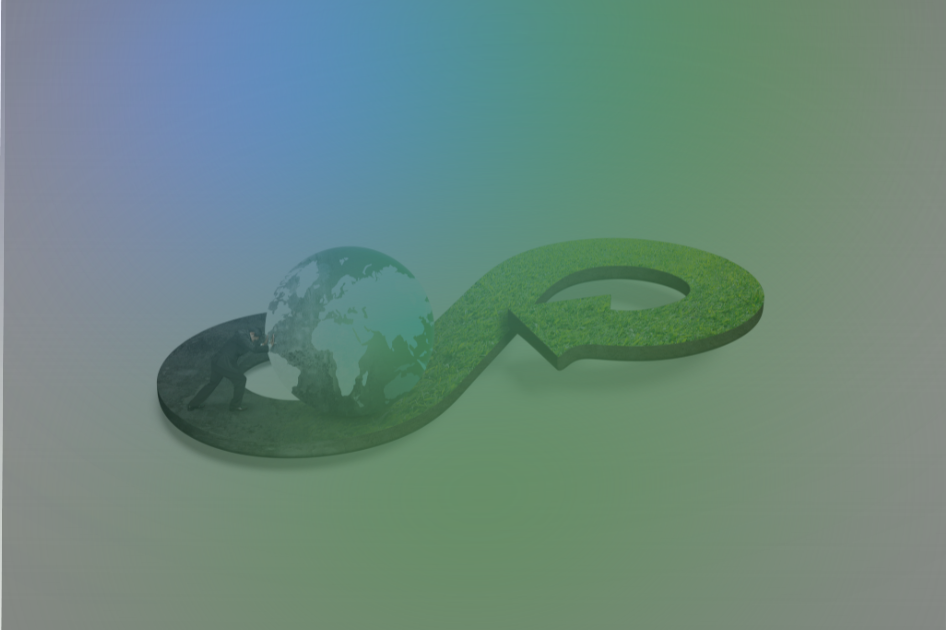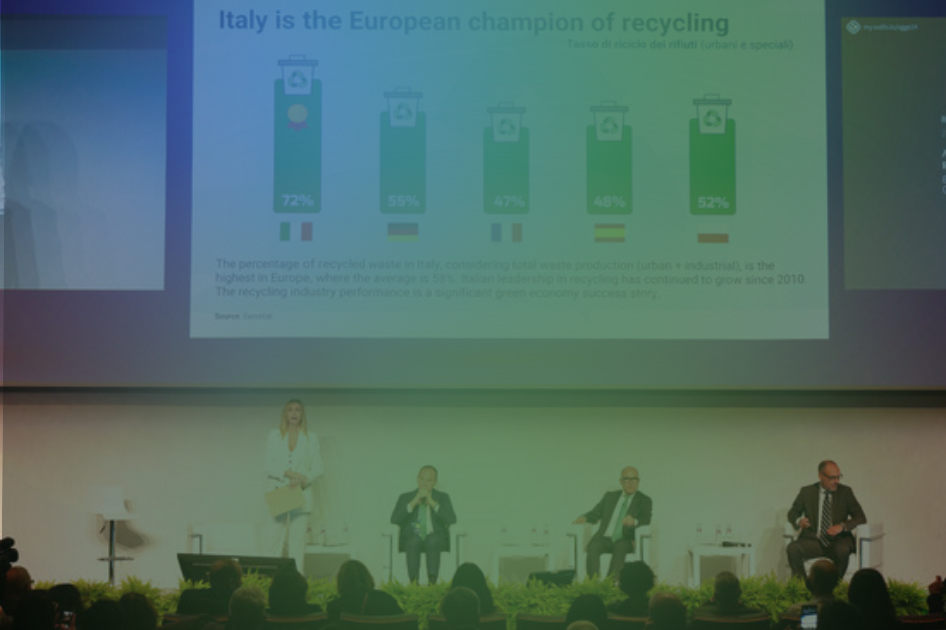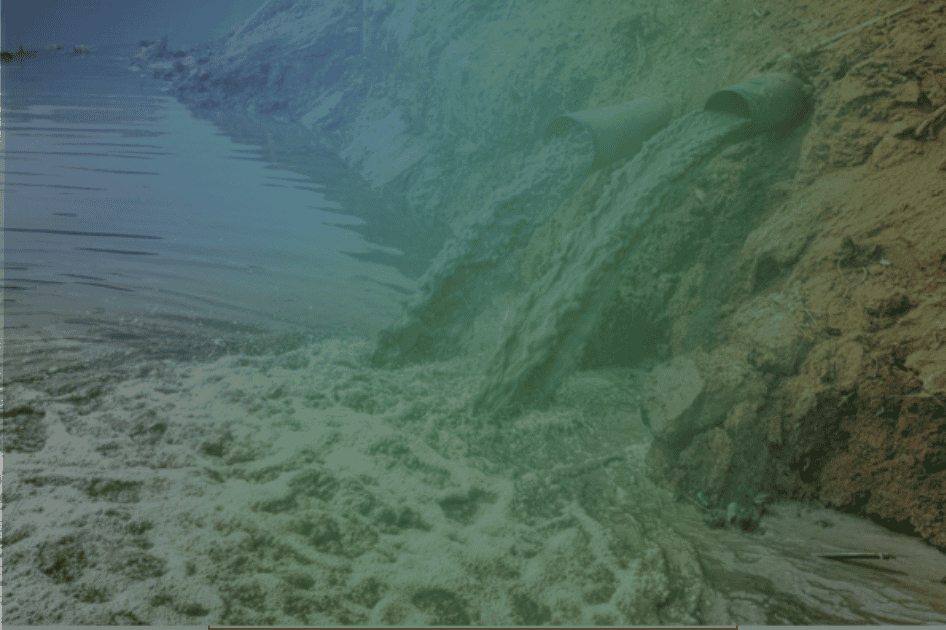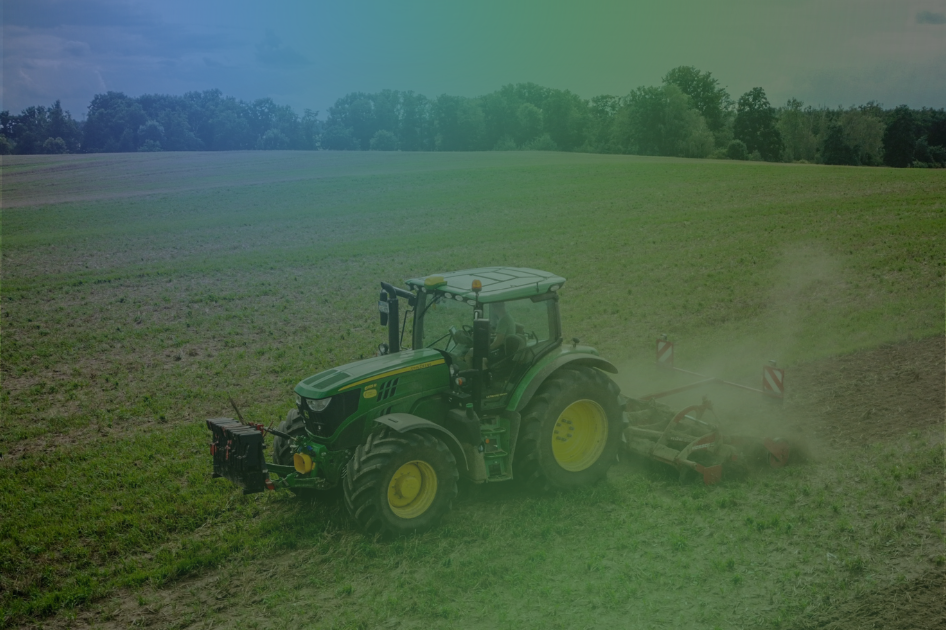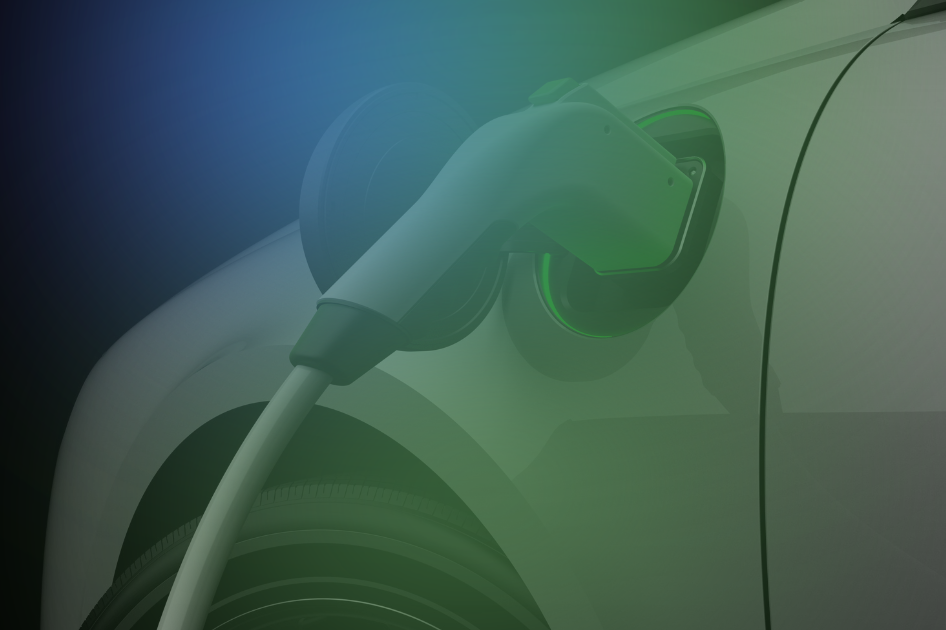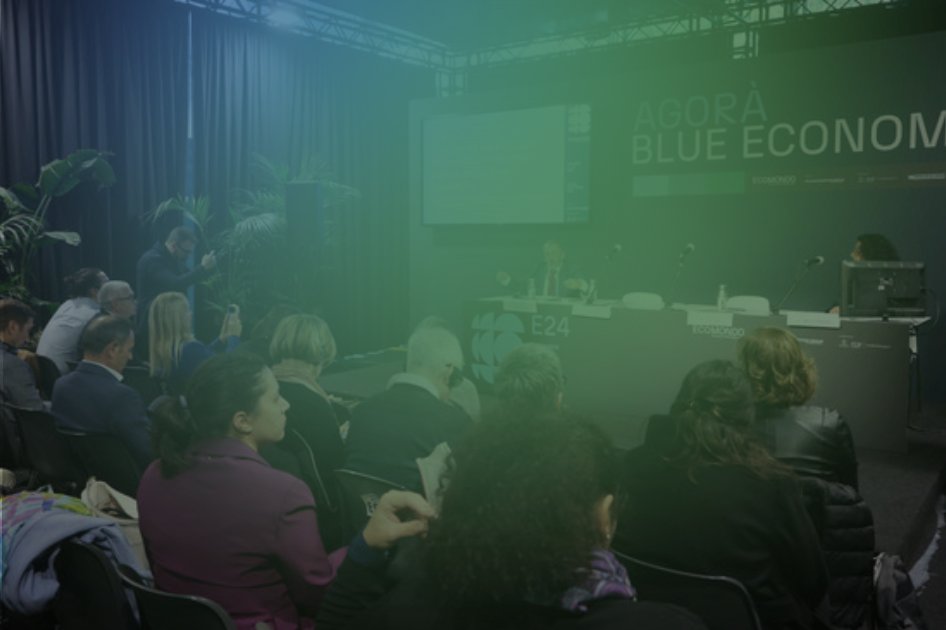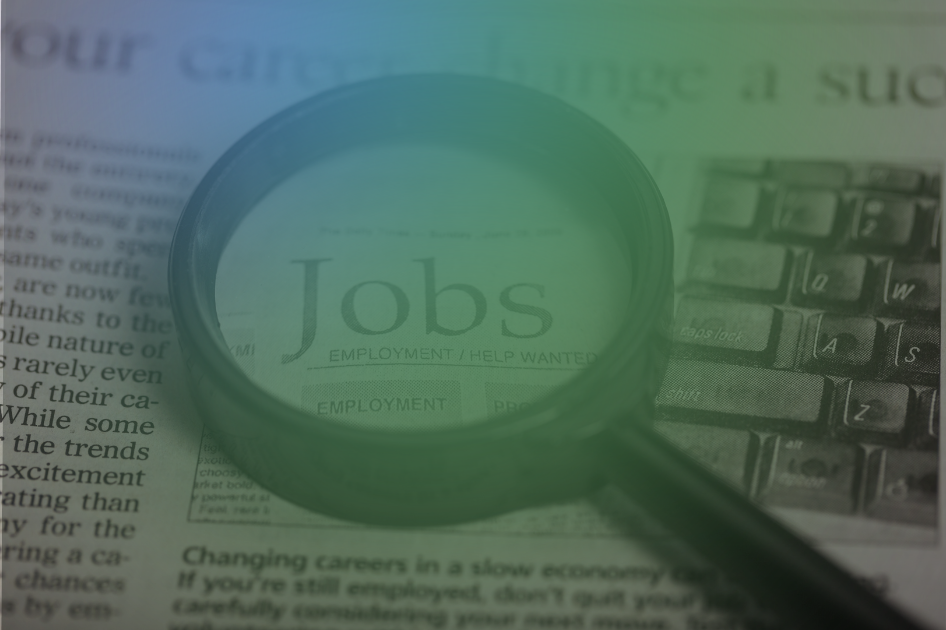As energy security and climate goals reshape global alliances, Italy and Algeria are deepening their partnership across two key fronts: energy and agriculture. From natural gas and hydrogen pipelines to large-scale solar farms and wheat production, the cooperation builds on long-standing ties with a renewed emphasis on energy diversification and food security.
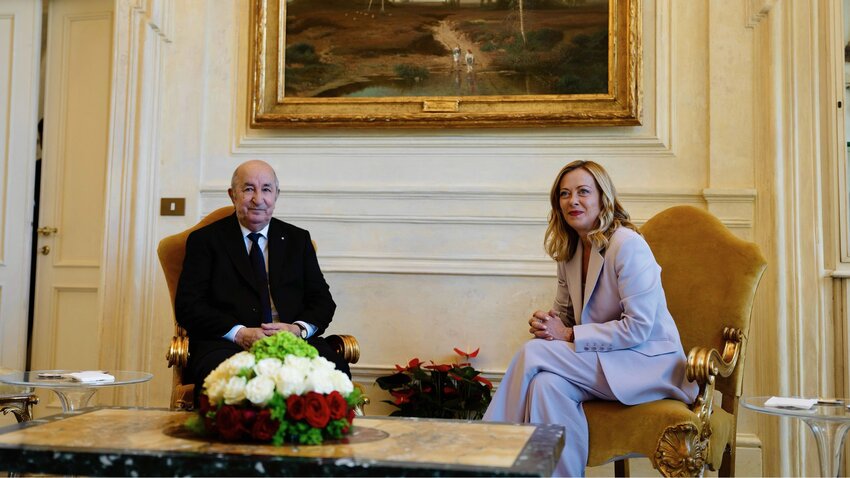
Fifth Italy-Algeria Summit, bilateral meeting between Prime Minister Giorgia Meloni and the President of the People's Democratic Republic of Algeria, Abdelmadjid Tebboune
Oil and gas
In July, Italy’s energy giant Eni signed a massive 1.35 billion dollar agreement with Algeria’s state-owned Sonatrach to expand oil and gas exploration and production. Over the next 30 years, the two companies aim to recover 415 million barrels of oil equivalent, including 9.3 billion cubic meters of natural gas. This comes a couple of months after Eni announced it is investing 8 billion euros in Algeria over the next 4 years to help boost energy production.
Algeria is a natural partner for Eni, given its geographic proximity and heavy reliance on hydrocarbon exports — a key pillar of its economy that leaves it exposed to global market volatility. The deal also aligns with Italy’s efforts to diversify gas imports away from Russia, which fell from 40% in 2021 to 19% in 2022. As the EU pushes toward carbon neutrality by 2050, Algeria — now the third-largest gas supplier to Europe after Russia and Norway — faces mounting risks of its gas assets becoming stranded or locked-in.
- You may also be interested in: Italy - Egypt, a growing partnership: economic cooperation and investment relations
Green hydrogen and renewable energy
At the same time, Italy and Algeria are gradually expanding cooperation in green hydrogen under growing pressure to align with the energy transition. A flagship initiative is the ambitious SoutH2 Corridor — a planned 3,300 km hydrogen pipeline linking North Africa to Italy, Austria, and Germany. Though still in its early stages, following a letter of intent signed earlier this year, the project signals a shift toward cleaner energy ties. However, critics warn that large-scale infrastructure focused on hydrogen exports could hinder Algeria’s domestic green transition, especially as around three-quarters of Algeria’s goal to produce 40 TWh per year of hydrogen by 2040 will go towards exports.
The hydrogen pipeline is not the only planned connection between the two countries. Last year, Algeria and Italy signed a Memorandum of Understanding to develop a 2 GW high-voltage undersea power cable, aimed at directly linking their electricity grids by 2030. Known as the MedLink project, the initiative will focus on exporting renewable energy, as Algeria increases investment in the emerging sector, which is projected to meet up to 8% of Italy’s electricity demand.
Italy has also expressed interest in supporting Algeria’s domestic renewable energy ambitions, as Algeria targets having 30% of its national energy mix — approximately 15 GW — sourced from renewables by 2035. In 2023, for instance, an Italian company reportedly submitted a proposal to develop Sonelgaz’s planned 1 GW solar plant. That same year, a delegation from Italy’s Zhero met with Algeria’s Energy Minister, Mohammed Arkab, to discuss potential collaboration on solar energy and green hydrogen projects.
Algeria’s energy ambitions extend beyond exports. The country also plans to produce blue hydrogen abroad, with proposed projects in Italy. In 2023, Sonatrach and South African petrochemicals firm Sasol entered discussions to develop low-carbon hydrogen production and synthetic gas plants in Sicily, equipped with carbon capture and storage technology.
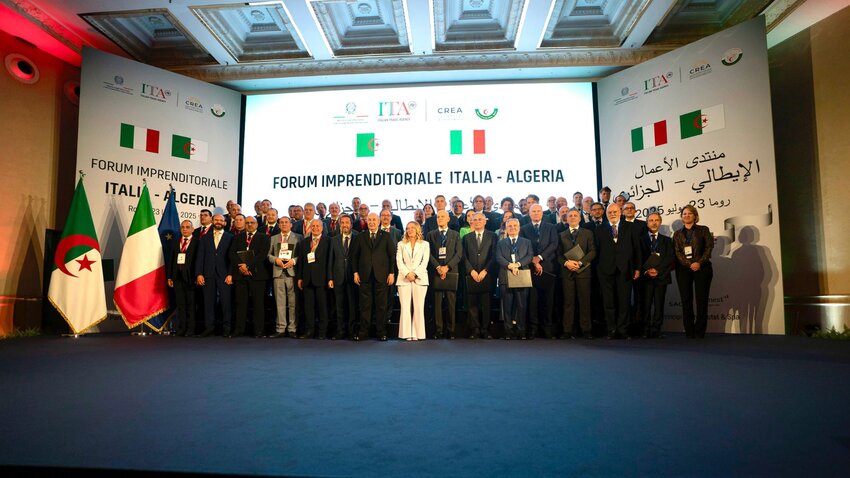
Business Forum Italy-Algeria
Agriculture
In parallel to increased energy ties, agriculture has also emerged as a key pillar of Italy–Algeria cooperation. In July 2024, Algeria’s Agriculture Minister Youcef Cherfa signed a 420 million euro (455 million dollar) agreement with Italian agro-industrial firm Bonifiche Ferraresi (BF) to boost food security and crop self-sufficiency. The deal will convert 36,000 hectares in Timimoun, south-central Algeria, into farmland for wheat, legumes, and other staples, with 49% of funding from Algeria’s investment fund and the rest from BF. It forms part of Algeria’s broader plan to reclaim 500,000 hectares in the south and expand grain cultivation by 18% with international backing. The project has been called Italy’s largest sustainable agriculture investment in North Africa.
With backing from Italian financial giant SIMEST, BF also secured an 800-hectare concession in southeastern Algeria to grow grains, cereals, and oilseeds, with plans to expand into olives and fruit. Roughly 30% of the output is designated for export to Italy, despite Algeria being one of the world’s top soft wheat importers, largely due to worsening drought conditions, which are exacerbated by climate change. As one of the most water-stressed countries globally, Algeria meets less than a third of the World Bank’s per capita water availability threshold. Strengthening domestic crop production aligns with the country’s target to cut its annual 10 billion dollar food import bill by 25%.
- You may also be interested in: Desalination in North Africa and the Middle East
Mattei Plan
Both projects fall under the 5.5 billion euro Mattei Plan, launched by Prime Minister Giorgia Meloni in 2024 to deepen diplomatic and economic ties with the African continent across multiple sectors. In Algeria, the agricultural focus centers on desert-adapted farming, alongside regenerative techniques, efficient water use, ecosystem restoration, and investment in agri-infrastructure such as wells, storage, and processing plants. Training and research for knowledge transfer and workforce development are also important elements of the partnership.
For example, the Timimoun project includes drilling wells and sowing cereals, with Italy supporting the construction of a research and professional training centre near Sidi Abdellah, focusing on applied agricultural sciences and offering vocational training for young Algerians, both locally and, potentially, in Italy.
While Algeria stands to benefit from Italian investment in energy and agriculture, export goals mustn’t override local needs—especially as the country faces climate stress and economic vulnerability tied to its dependence on oil and gas. Continued hydrocarbon expansion risks leaving assets stranded as the global green transition accelerates. Likewise, agricultural investments must prioritize domestic food security, given Algeria’s low contribution to global emissions yet high exposure to climate impacts — unlike Italy, whose state oil giant Eni alone accounts for an estimated 0.46% of historical global emissions.
Article written by Wisam Farouk
This blog is a joint project by Ecomondo and Renewable Matter
Credits:
- Photo by governo.it
PUBLICATION
12/08/2025


